Discover How Energy Efficient Windows Can Transform Your Home Comfort and Reduce Bills
 Energy efficient windows are increasingly recognized as a pivotal factor in enhancing home comfort while significantly lowering energy bills. According to the U.S. Department of Energy, approximately 25% to 30% of residential heating and cooling energy use is attributed to inefficient windows. By upgrading to energy efficient windows, homeowners can reduce their energy costs by an average of 15% to 20%, creating a more comfortable living environment year-round.
Furthermore, studies show that homes equipped with these windows not only benefit from lower utility bills but also experience a drastic reduction in drafts and temperature fluctuations, promoting a cozier atmosphere. As energy efficiency becomes a central focus in sustainable living, the investment in energy efficient windows is proving to be both economically and environmentally beneficial, making it an essential consideration for homeowners looking to improve their dwelling.
Energy efficient windows are increasingly recognized as a pivotal factor in enhancing home comfort while significantly lowering energy bills. According to the U.S. Department of Energy, approximately 25% to 30% of residential heating and cooling energy use is attributed to inefficient windows. By upgrading to energy efficient windows, homeowners can reduce their energy costs by an average of 15% to 20%, creating a more comfortable living environment year-round.
Furthermore, studies show that homes equipped with these windows not only benefit from lower utility bills but also experience a drastic reduction in drafts and temperature fluctuations, promoting a cozier atmosphere. As energy efficiency becomes a central focus in sustainable living, the investment in energy efficient windows is proving to be both economically and environmentally beneficial, making it an essential consideration for homeowners looking to improve their dwelling.
Understanding the Basics of Energy Efficient Windows and Their Benefits
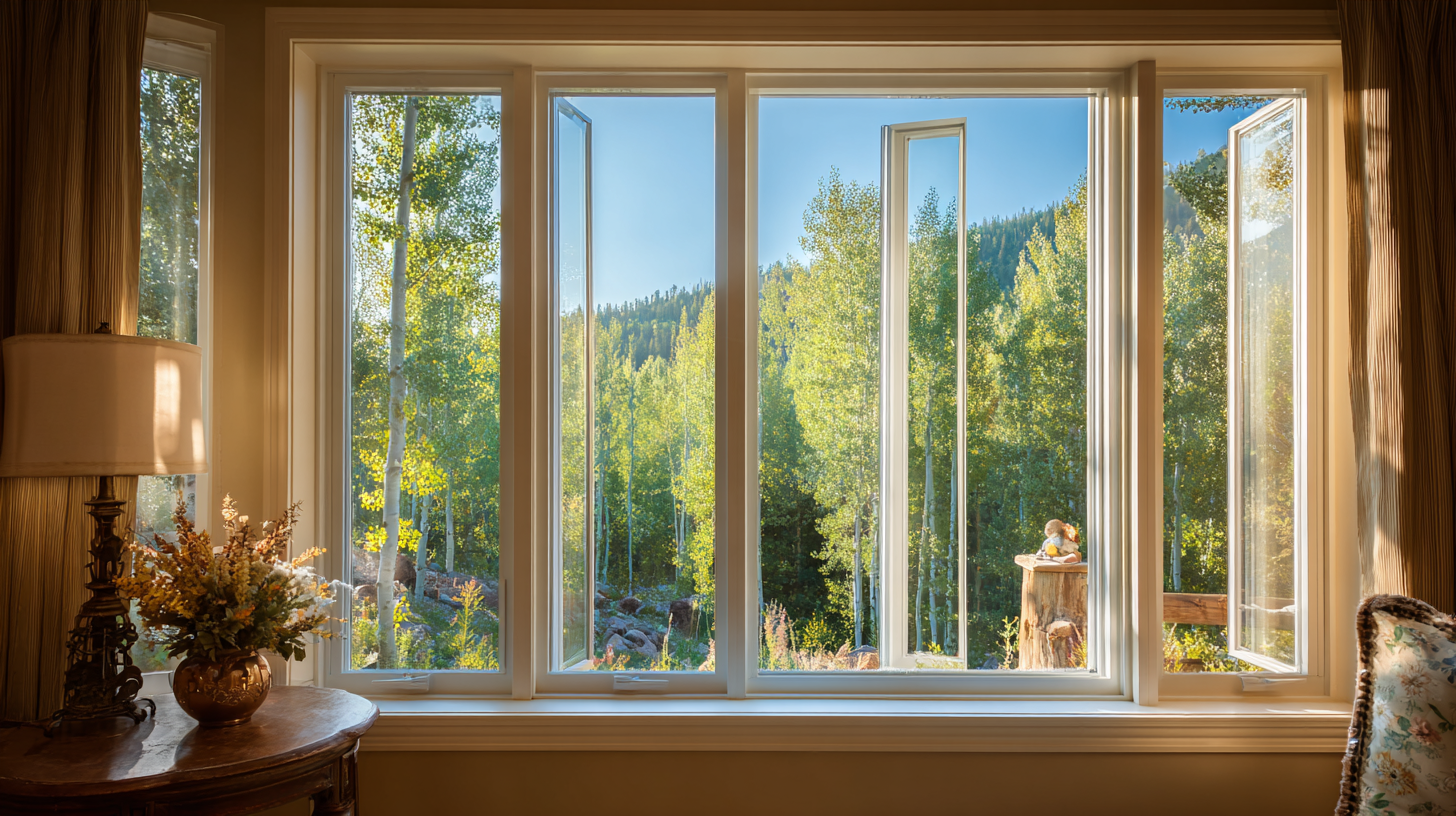 Energy efficient windows are essential for enhancing the comfort of your home while also lowering your energy bills. These windows are designed to minimize heat loss during winter and reduce heat gain in summer, creating a more stable indoor environment. By utilizing advanced glazing technologies and superior framing materials, energy efficient windows can significantly improve insulation and reduce the reliance on heating and cooling systems.
Energy efficient windows are essential for enhancing the comfort of your home while also lowering your energy bills. These windows are designed to minimize heat loss during winter and reduce heat gain in summer, creating a more stable indoor environment. By utilizing advanced glazing technologies and superior framing materials, energy efficient windows can significantly improve insulation and reduce the reliance on heating and cooling systems.
Here are a few tips to maximize the benefits of energy efficient windows in your home:
- Low-E (low emissivity) glass, which reflects infrared light while allowing visible light to enter, thus maintaining warmth in winter and keeping interiors cool in summer.
- Ensure proper sealing and insulation around the window frames to prevent drafts and leaks that compromise efficiency.
- Consider choosing double or triple-pane windows, which provide an extra layer of insulation, further enhancing energy savings.
Investing in energy efficient windows not only contributes to a more comfortable living space but also adds to the long-term value of your home. The reduction in heating and cooling costs can lead to significant savings over time, making this upgrade a wise choice for homeowners looking to improve energy efficiency.
How Energy Efficient Windows Improve Home Insulation and Comfort
Energy-efficient windows play a pivotal role in enhancing home insulation and overall comfort. According to the U.S. Department of Energy, households can save up to 30% on energy bills by upgrading to high-performance windows. These windows are designed with advanced glazing technologies that minimize heat transfer, keeping indoor spaces cozy during winter and cool in summer. By reducing reliance on heating and cooling systems, homeowners not only cut costs but also contribute to lowering their carbon footprint.
In addition to energy savings, energy-efficient windows significantly improve indoor comfort. A study by the Lawrence Berkeley National Laboratory found that homes with high-performance windows experience fewer drafts, reduced noise levels, and more consistent indoor temperatures. This transformation can lead to a more comfortable living environment, enhancing the quality of life for residents. Investing in energy-efficient windows is thus a strategic move that provides immediate benefits and long-term savings, making them a valuable addition to any home.
The Financial Impact of Upgrading to Energy Efficient Windows
Upgrading to energy-efficient windows can significantly affect your household expenses. These windows, designed to minimize heat loss and gain, help maintain a consistent indoor temperature throughout the year. As a result, homeowners can expect reduced reliance on heating and cooling systems, which directly translates to lower energy bills. According to various studies, those who invest in high-quality energy-efficient windows can see a return on investment through reduced monthly costs and a smaller carbon footprint, making it a financially wise choice.
In addition to immediate savings, energy-efficient windows can also increase a home’s overall value. Potential buyers are often willing to pay a premium for homes equipped with these modern enhancements, which not only promise comfort but also align with growing environmental awareness. This financial impact is further enhanced by potential government rebates and tax credits for homeowners making energy-efficient upgrades. By choosing to invest in energy-efficient windows, you are not only improving your living space but also making a sound economic decision for the future.
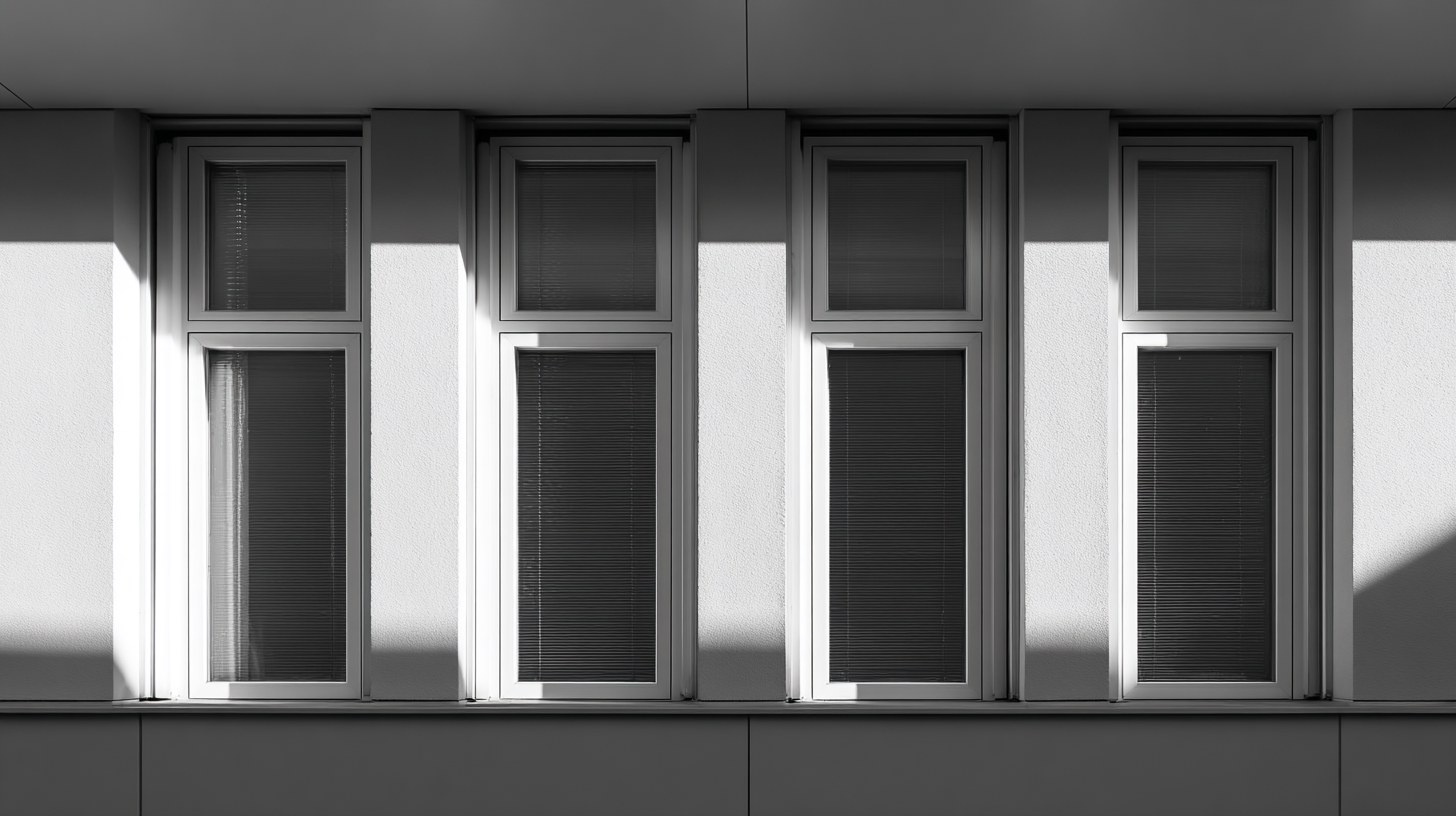
Comparing Different Types of Energy Efficient Windows on the Market
When exploring energy-efficient windows, homeowners are presented with various options that can significantly influence both comfort levels and energy costs. One of the most popular choices is double-glazed windows, which consist of two panes of glass separated by a layer of gas, typically argon or krypton. This design minimizes heat transfer, keeping homes warmer in winter and cooler in summer. The additional insulation can lead to noticeable reductions in heating and cooling bills.
Another emerging option is low-emissivity (Low-E) glass, which is coated with a thin layer of metallic oxides. This technology reflects heat back into the room during winter while allowing sunlight in, thus enhancing energy conservation. Compared to standard single-pane windows, Low-E glass can significantly lower energy costs. Homeowners may also consider vinyl frames as they provide excellent insulation and are resistant to moisture, contributing to the overall efficiency of energy-efficient windows. With these diverse options available, selecting the right energy-efficient window type can greatly enhance home comfort and lead to substantial savings on utility bills.
Discover How Energy Efficient Windows Can Transform Your Home Comfort and Reduce Bills
| Window Type | U-Value (W/m²K) | Solar Heat Gain Coefficient | Air Leakage (cfm/ft²) | Estimated Energy Savings (%) | Average Cost ($) |
|---|---|---|---|---|---|
| Double Glazed | 1.2 | 0.35 | 0.2 | 20% | 300 |
| Triple Glazed | 0.8 | 0.25 | 0.1 | 30% | 500 |
| Low-E Coated | 1.0 | 0.30 | 0.15 | 25% | 400 |
| Vinyl Frame | 1.4 | 0.40 | 0.25 | 15% | 250 |
| Wood Frame | 1.5 | 0.35 | 0.20 | 18% | 350 |
Key Factors to Consider When Choosing Energy Efficient Windows for Your Home
When selecting energy-efficient windows for your home, it’s essential to evaluate several key factors to ensure you make the right choice. First, consider the window's frame material. Options like vinyl, fiberglass, and wood each offer different levels of insulation and maintenance. Vinyl is generally low-maintenance and provides excellent energy efficiency, while wood offers aesthetic appeal but may require more upkeep.
Another crucial aspect is the glass type. Double or triple glazing can significantly reduce heat loss, while Low-E (low emissivity) coatings can reflect heat back into your home during winter and keep it out in the summer. These features not only improve comfort levels but also contribute to lowering your energy bills.
Tip 1: Always check the window's energy performance ratings, especially the U-value and Solar Heat Gain Coefficient (SHGC), to gauge their efficiency.
Tip 2: Don't forget to consider installation quality; even the best windows won't perform well if not installed correctly. Professional installation can maximize energy efficiency and longevity.
Related Posts
-

How to Choose Retrofit Windows for Energy Efficiency and Cost Savings
-
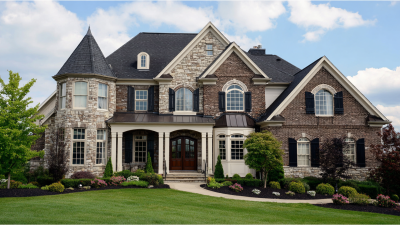
Transform Your Home: The Ultimate Guide to Replacing Windows for Energy Efficiency and Style
-

7 Essential Features to Look for in the Best Residential Windows
-
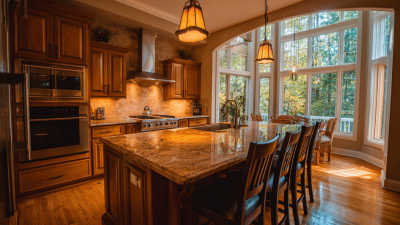
7 Ways Window Financing Can Transform Your Home Improvement Budget
-

7 Tricks for Accurate Window Replacement Cost Estimator That Buyers Must Know
-
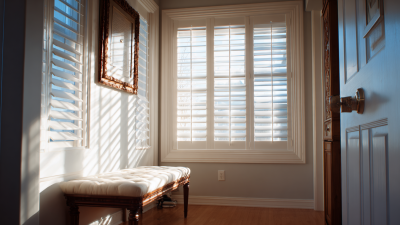
Get Accurate Window Estimates: Save Time and Money with Expert Guidance
